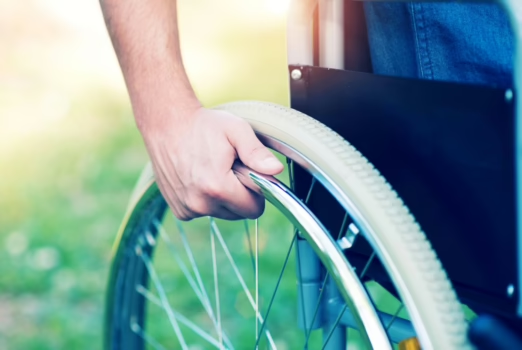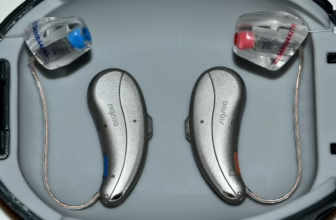Applying for Social Security Disability benefits can feel confusing and stressful. While there’s no guarantee you'll be approved, some things can make your application stronger. A law firm for disability can help you know the signs. Further, knowing what helps can show you how solid your case is and where you might need to improve.
1. You Have Enough Work Credits
To get Social Security Disability Insurance (SSDI), you must have worked and paid Social Security taxes for a certain amount of time.
- Most people need 40 work credits, with 20 earned in the last 10 years
- Younger workers may need fewer credits
- In 2025, you earn 1 credit for every $1,810 you earn
- You can earn up to 4 credits a year
If you haven’t worked enough or recently enough, you can’t get SSDI—no matter how serious your health condition is. And your disability representative can help you know why.
2. Your Condition Matches a Blue Book Listing
The Social Security Administration (SSA) has a list of serious medical conditions in a guide called the “Blue Book.” If your illness or injury is on this list, or if your symptoms are just as bad as one that is, your chances of approval are much better.
Your chances go up if:
- Your condition is exactly listed in the Blue Book
- Your test results and symptoms match what the Blue Book describes
- Your medical records use the same language that the SSA expects
Even if your condition isn’t exactly listed, you might still qualify if it’s just as serious as one that is.
3. Your Disability Will Last at Least 12 Months
To qualify, your disability must keep you from working for at least a year—or be expected to last that long.
You can show this by:
- Medical records proving your condition has already lasted nearly a year
- A doctor’s opinion saying your condition will last at least 12 months
- Having a condition that gets worse over time or has no cure
- Trying treatments that haven’t worked
- Short-term or temporary conditions—even if they’re serious—won’t qualify.
4. You’re Over 50 Years Old
The SSA understands that older people may have a harder time switching to new jobs. That’s why the rules get a bit easier once you turn 50.
Your chances improve if:
- You’re over 50 and have limited education or job skills
- You’re over 55 and have only done physical or low-skill jobs
- Your health limits you from doing your old job
- You don’t have the training to do easier work, like a desk job
These special rules (called “grid rules”) help older people who are less likely to start new careers.
5. You Have Strong Medical Records
The most important part of your disability case is solid medical proof. SSA decisions are based mostly on facts from your doctors—not just what you say about your condition.
An expert lawyer for disability can help you know how to make the case stronger, However, you’ll have a stronger case if you have:
- Regular visits with specialists who treat your condition
- Test results like MRIs, X-rays, or blood work
- Notes from doctors that clearly describe your symptoms and how they affect you
- Records showing your condition has gotten worse over time
- More than one doctor saying the same thing about your diagnosis and limitations
If your medical records are clear, detailed, and consistent, your application will be much stronger. Gaps in care or mixed opinions from doctors can hurt your chances.
Follow me down the rabbit hole!
I'm Alice and I live with a dizzying assortment of invisible disabilities, including ADHD and fibromyalgia. I write to raise awareness and end the stigma surrounding mental and chronic illnesses of all kinds.








